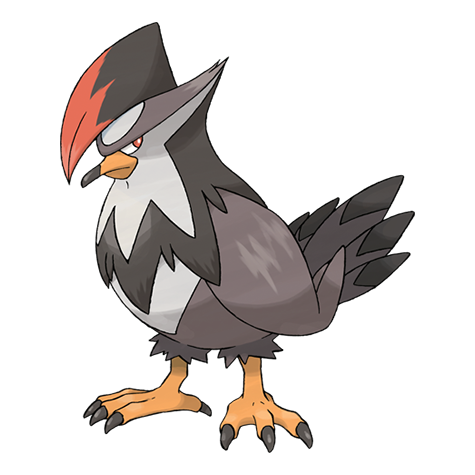I heard something to do with Nitrogen and …cow farts(?) I am really unsure of this and would like to learn more.
Answer -
4 Parts
- Ethical reason for consuming animals
- Methane produced by cows are a harmful greenhouse gas which is contributing to our current climate crisis
- Health Reasons - there is convincing evidence that processed meats cause cancer
- it takes a lot more calories of plant food to produce the calories we would consume from the meat.
Details about the answers are in the comments


Without a source this is just a bogus claim.
here you go:
https://ourworldindata.org/soy
a soybean is only about 20% oil. in order for 17% of all end uses of soybeans to be oil, we need to press about 85% of them. which is exactly what the usda says:
https://www.ers.usda.gov/topics/crops/soybeans-and-oil-crops/oil-crops-sector-at-a-glance/
76% of soybeans world wide are used as animal feed as per your own source. I’m not sure what you are trying to argue with your original comment to me?
the bulk of what’s fed to animals is industrial waste from making soybean oil.
Care to quote the relevant parts of your sources? I’m not going to read everything from that just to find this claim.
both of them are pretty light reads.
if you prefer to live in ignorance I am not going to stop you.
You provided the sources, so you read them right? It shouldn’t be a problem for you to quote your sources to support your claims.
Thank you for quoting the relevant part.
But I think you are interpreting this wrong. This doesn’t say that 80% of soybeans are pressed into oil at all. It says that 80% are processed into soybean meal (which gets fed to animals) and oil (which are mostly for human consumption). And with the data from ourworldindata it means that around 80%-13.2%=66.8% (very roughly) of soybeans are processed into soybean meals which is also very similar to the data ourworldindata provides:
Emphasize mine.
soybean meal is the byproduct of pressing soybeans for oil. you can’t press soybeans for oil without getting the byproduct.
oh I see where you made a mistake. you didn’t account for the 4% at the bottom of the chart. and you don’t seem to understand that soy meal is the by-product of pressing soybeans for oil. That’s soybean is only about 20% oil. In order for 17% of all end uses of soybeans to be oil about 85% of all soybeans must be pressed for oil The byproduct of that process produces soy meal that soy meal makes up about 69% of the weight of the entire soybean crop. that by-product is what is fed to animals.
How do you come to this conclusion? The data on ourworldindata is showing “the allocation of global soy production to its end uses by weight”. Which means the “Oil (13.2%)” is the percentage of the total weight of the global soy production that is processed into oil.
Of what chart?